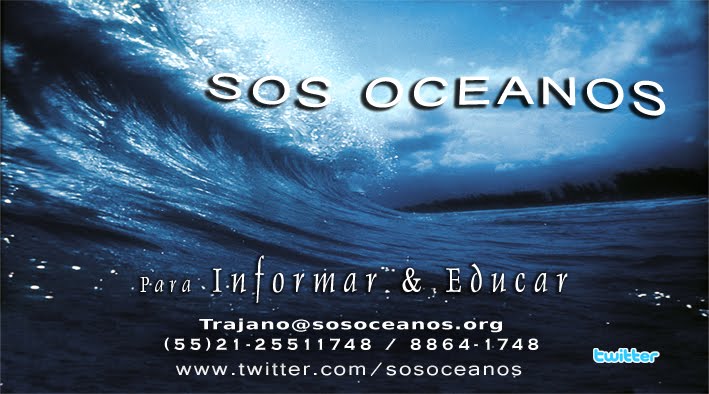The Arctic Ocean is rapidly accumulating carbon
dioxide owing to perturbations in the global
carbon cycle and particularly to increases in
anthropogenic carbon concentrations. This is
resulting in a decline in seawater pH, so-called
ocean acidification.
Increasing ocean acidification and warming of
the ocean will cause changes in the ecological and
biogeochemical coupling in the Arctic Ocean,
influencing the Arctic marine ecosystem at all
scales. Ocean acidification is expected to affect
marine food chains and fish stocks and thus the
commercial, subsistence, and recreational fisheries
in the Arctic. There is a need for a better understanding
of the nature and scope of these changes
and of the resilience of the ecosystem to the
changing carbon chemistry of the Arctic Ocean.
In addition, given the importance of the Arctic
Ocean as a regulator of global climate, there is a
need to understand the implications of the changing
role of the Arctic on the global carbon cycle.

